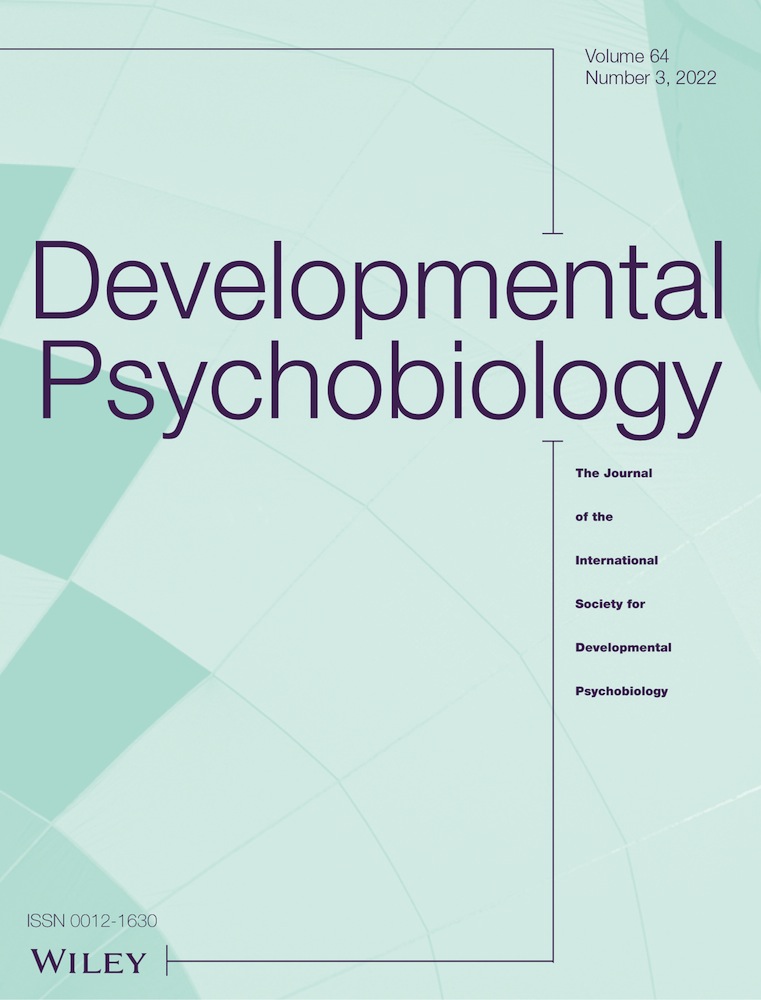Maternal prolactin levels during late pregnancy and nurturing behavior of offspring in mice
Abstract
Elucidating the mechanisms underlying nurturing and neglect behaviors is meaningful but challenging. Recently, we found that CIN85-deficient mice had reduced pituitary hormone prolactin secretion during late pregnancy, and their pups later showed an inhibited nurturing behavior. To examine whether this phenomenon could be reproduced in normal mice and not just CIN85-deficient mice, we investigated the nurturing behavior of offspring born to mothers whose blood prolactin levels had been reduced by bromocriptine administration during late pregnancy. First, to determine when bromocriptine treatment should be started, we investigated the detailed changes in blood prolactin levels in late pregnancy in mice, resulting in the identification of the prepartum prolactin surge. Furthermore, prolactin receptors in the fetal hypothalamus were expressed to the same extent as in the adult hypothalamus. Treatment with bromocriptine decreased the plasma concentrations of prolactin to the basal range throughout late pregnancy. However, against expectations, the proportion of the resultant pups exhibiting nurturing behaviors as adults was as high as that in the mice without bromocriptine treatment. In conclusion, the elimination of prolactin secretion during late pregnancy alone does not induce neglect-like behavior in offspring, suggesting that CIN85-deficient mice appear to involve another factor due to CIN85 deficiency besides prolactin deficiency.
CONFLICT OF INTEREST
The authors declare no conflict of interest.




